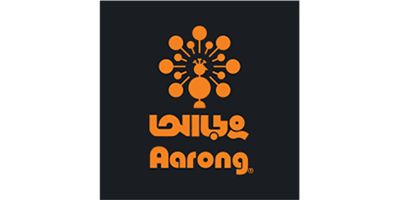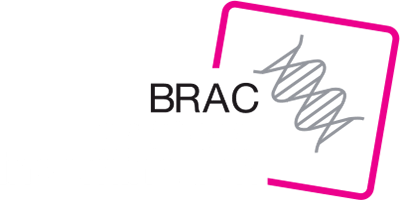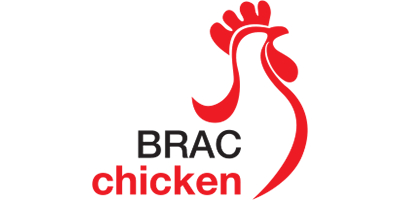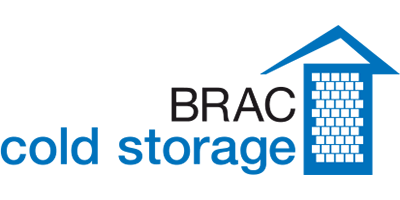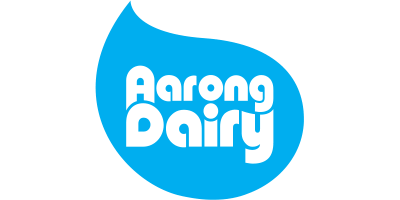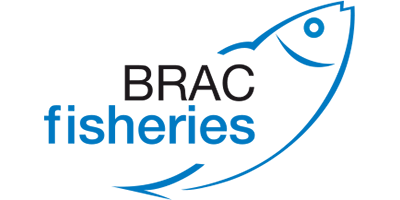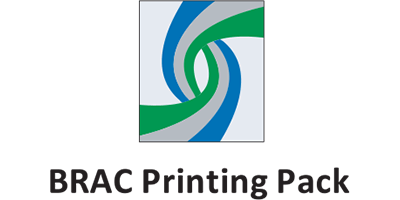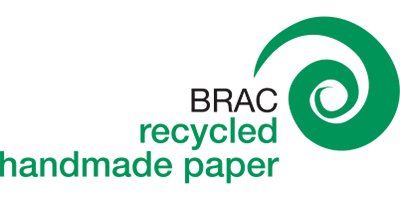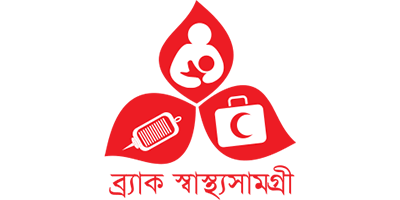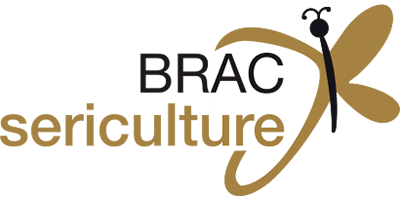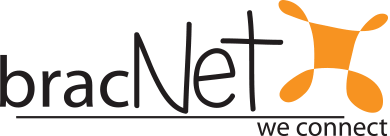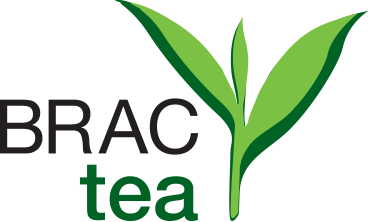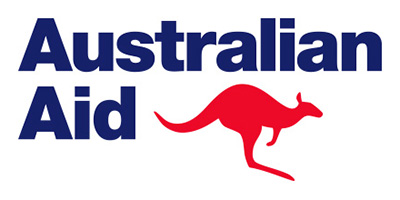Social Enterprises
The challenge
Our presence in both rural and urban economies helps us understand the challenges that continue to hinder economic growth and social empowerment. Two of the most significant of those, particularly for women in rural areas, are sustainable livelihood generation and market access. We believe that everyone should have the opportunity to participate in the economy.
If you offer a person a dairy product, they can eat for a day. If you teach them to rear cows, they can sustain for a lifetime. What if a person knows how to rear cows, but they do not have enough capital to buy any though? Our work started not with giving dairy products or teaching people how to rear cows, but with lending money to families in rural areas to start their own small dairy operations. Then we created a social enterprise that linked them with urban consumers who wanted dairy products. The same enterprise - Aarong Dairy - now provides market access to 50,000 dairy farmers across the country.
Social enterprise lies at the intersection of business and traditional non-profit.
Social enterprises are self-sustaining cause-driven business entities that create social impact by offering solutions to social challenges and reinvesting their surplus to sustain and generate greater impact.
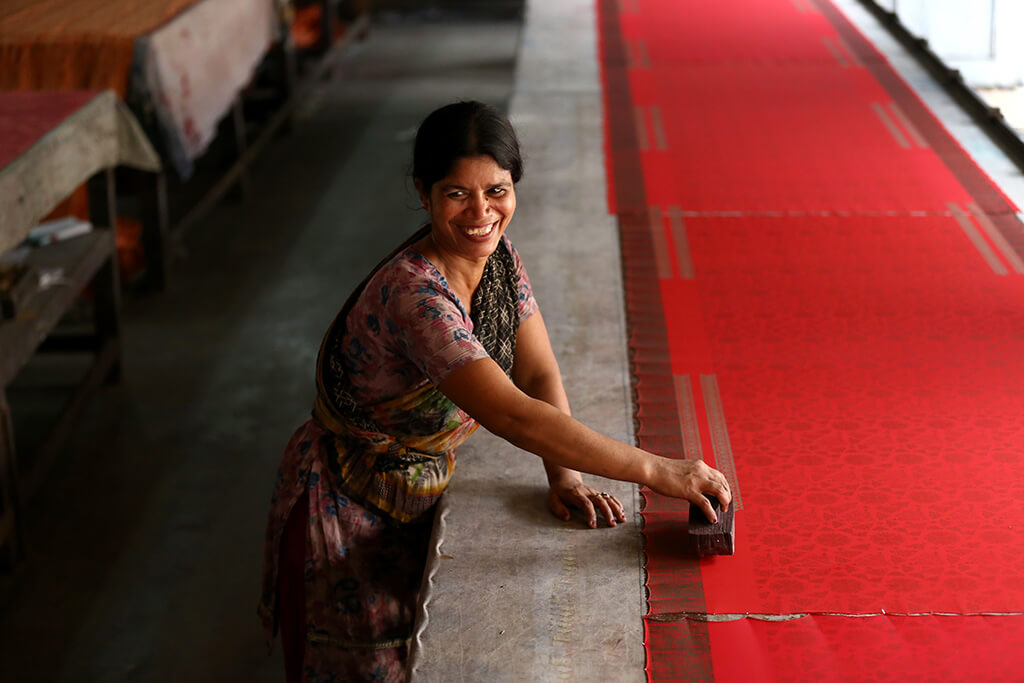
The approach
Social enterprises act as a catalyst for change in identifying social, economic and environmental problems, and providing equitable and measurable solutions that address unmet needs. They ensure business viability, continuously offering competitive, marketable and relevant solutions and innovations across the value chain, while keeping their social mission at the core of their business. They sustain themselves financially and reinvest their surpluses back to the original social cause to create more social impact.
We invest in initiatives that engage individuals, micro and small enterprises as suppliers, producers and consumers. Instead of maximising profits, our 13 social enterprises focus on maximising gains in quality of life for all.
Enterprises
Aarong
Harnessing the skills of 65,000 artisans across Bangladesh through a vast network of rural production centres and independent producers. Aarong is one of the country's largest lifestyle retail chains.
BRAC Artificial Insemination
Providing insemination services to cattle farmers to boost local income and milk production, to optimise on gains made by introducing higher quality cow breeds. BRAC Artificial Insemination employs a total of 2,200 trained insemination workers across the country.
BRAC Chicken
Supplying high quality dressed chicken and value-added frozen food products to a range of clients and retailers. BRAC Chicken operates one of the largest automated poultry processing plants in the country.
BRAC Cold Storage
Storing the harvested yields of potato farmers to ensure that none of their hard work goes to waste. BRAC Cold Storage ensures freshness not only by storing produce, but also by integrating farmers with the potato processing industry.
BRAC Dairy
Ensuring fair prices for over 50,000 farmers across Bangladesh and providing a wide variety of high quality dairy products to urban consumers. BRAC Dairy is the third largest milk processor in the country, with operations spanning the entire dairy value chain.
BRAC Fisheries
Harnessing the potential of Bangladesh’s ponds for commercial fish farming. BRAC Fisheries is the market leader for all of the products it offers, as well as the leading wholesale fish food supplier in regional markets.
BRAC Nursery
Providing access to high quality seedlings and promoting tree plantation across the country. BRAC Nursery has been awarded first prize in the NGO category in the National Tree Fair for the last nine years.
BRAC Printing Pack
Producing flexible packaging material for food items, processed edibles and agricultural inputs. BRAC Printing Pack is one of the most significant competitors in the country’s packaging industry.
Recycled Handmade Paper
Pioneering recycled handmade paper products in Bangladesh, by turning a wide variety of discarded materials into items such as envelopes, gift boxes and photo frames. BRAC Recycled Handmade Paper employs 100 women.
BRAC Salt
Ensuring a steady supply of iodised salt to fight a deficiency that many people living in rural areas suffer from. BRAC Salt ensures steady incomes for a wide network of local salt farmers.
BRAC Seed and Agro
Processing, marketing and distributing high quality seeds through an extensive network of farmers, dealers and retailers across Bangladesh. BRAC Seed and Agro is the largest private sector seed producer in the country.
BRAC Sanitary Napkin and Delivery Kit
Producing safe, hygienic and handmade sanitary napkins to allow women to attend work and school regularly, as well as delivery kits and medical kits to facilitate safe births. BRAC Sanitary Napkin and Delivery Kit employs 170 women.
BRAC Sericulture
Pioneering silk production in Bangladesh, we engage women living in rural poverty in every operational stage of the silk-making process. BRAC Sericulture’s beautiful fabric is sold in Aarong and in trade fairs.
